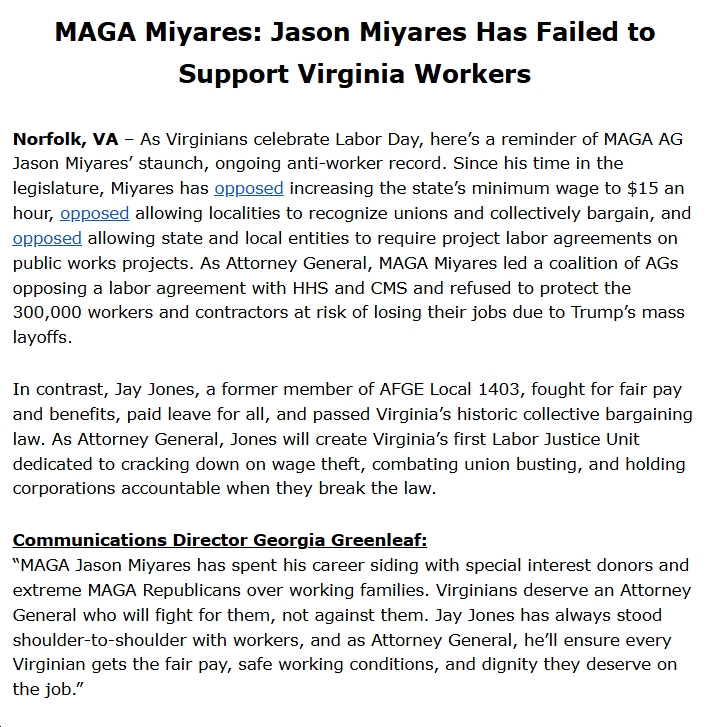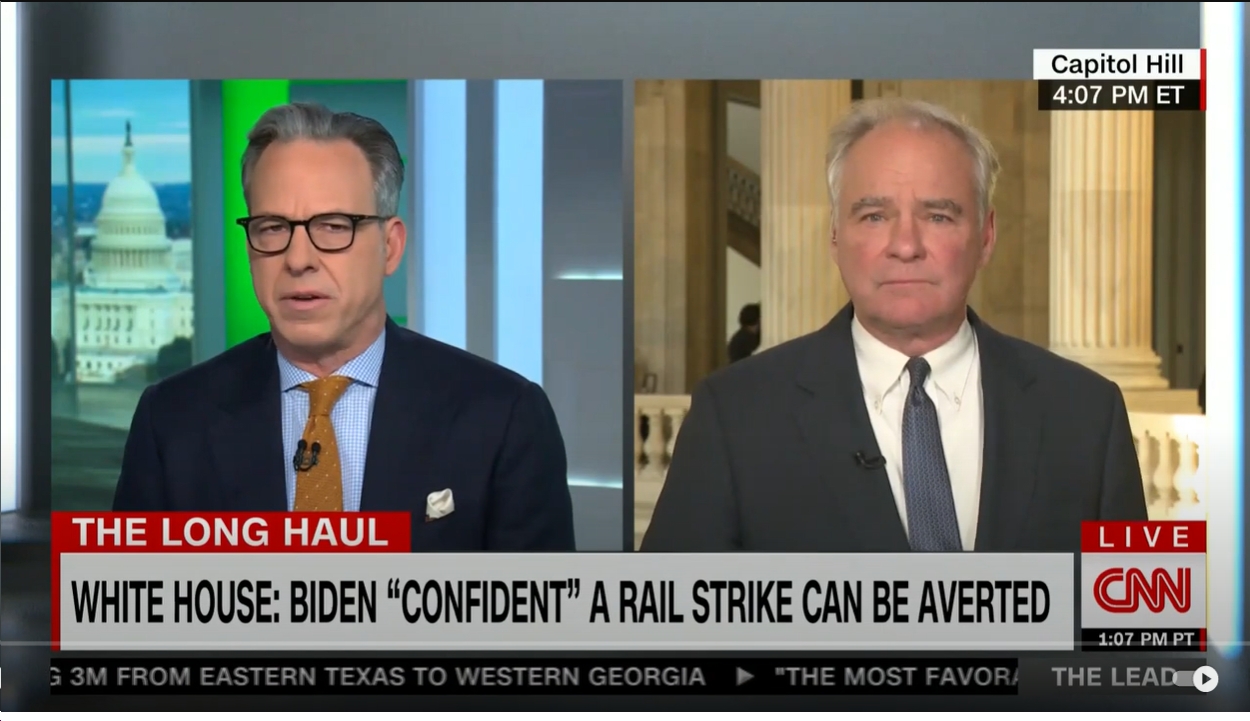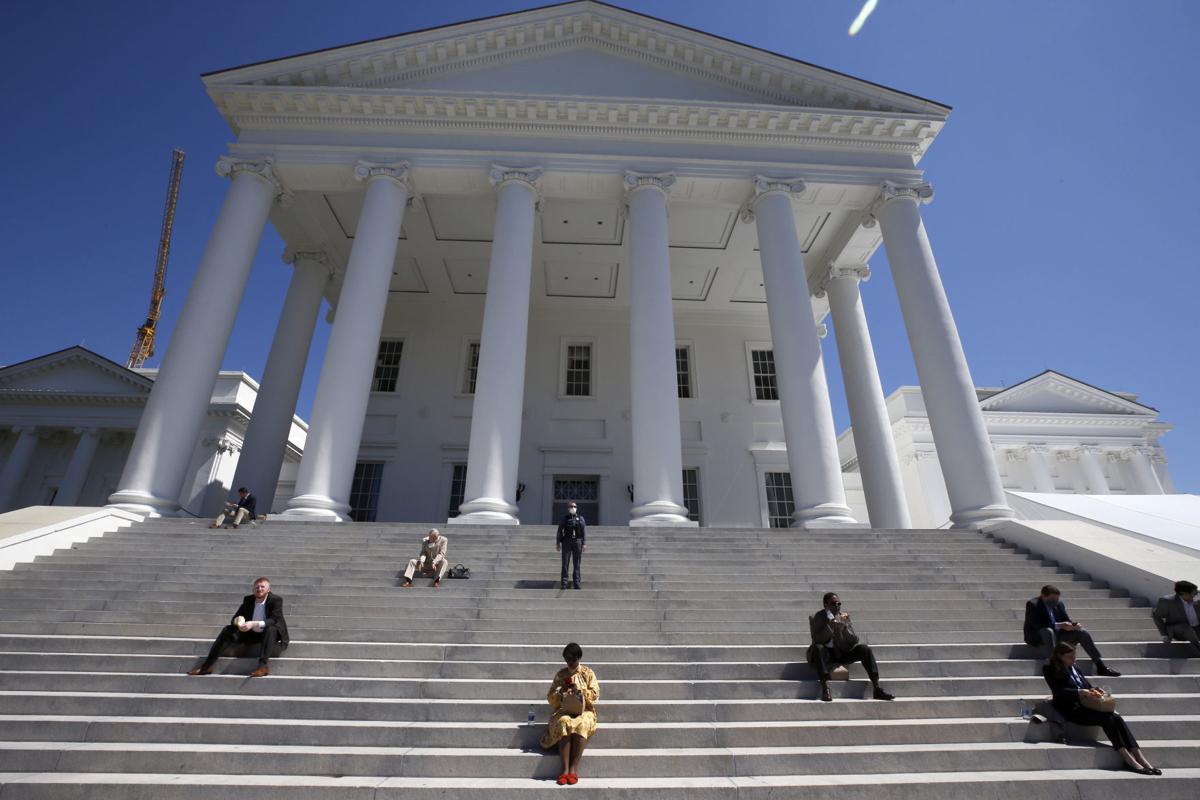From the Commonwealth Institute for Fiscal Analysis:
Work-Sharing: A Powerful Tool to Save Jobs in Virginia
Confronting an economic downturn in the wake of COVID-19, Gov. Northam recently proposed an innovative program known as “work-sharing” to prevent layoffs in Virginia and help employers weather the pandemic. In the upcoming reconvened session, the General Assembly should support this initiative, clearing the way for the commonwealth to stand up a work-sharing program that can stabilize businesses and working families during economic recessions. Virginia would be one of the first states in the country to establish a new work-share program since the passage of the Coronavirus Aid, Relief, and Economic Security (CARES) Act.
What is Work-Sharing?
The main idea behind work-sharing is flexibility. For employers experiencing a slowdown in business, work-sharing aims to save jobs by reducing the number of hours that employees work rather than shrinking the employer’s workforce through layoffs. In exchange, the impacted employees become eligible for pro-rated unemployment insurance (UI) benefits. Let’s consider an example:
An employee named Miles normally works 40 hours a week, but his hours have recently been reduced by 8 hours per week, or 20%, because of a lull in business. If his employer is participating in an approved work-share program, Miles can collect 20% of the unemployment benefits he would have been eligible for if he was laid off. In Virginia, the maximum weekly UI benefit is $378. Assuming Miles would have qualified for that maximum amount, then Miles would receive approximately $76 in weekly UI benefits in addition to wages earned for 32 hours of work.
Overall, work-sharing helps employers lower payroll costs during slowdowns, retain their workforce, and bypass the expenses associated with hiring and training new workers when the economy rebounds. For employees, work-sharing keeps them connected to the labor market, cushions the financial impact of reduced hours, and maintains health insurance and retirement benefits. For these reasons, work-sharing programs have been established in 27 states and the District of Columbia.

These programs also have a compelling track record. During the Great Recession, work-sharing helped to save more than 500,000 jobs across the country. Moreover, in states where work-sharing is already in place, employers who have used the program have generally reported positive experiences. According to a survey conducted on behalf of the U.S. Department of Labor (DOL) from 2015, over 80% of responding employers indicated that they would be either “somewhat likely” or “very likely” to use work-share again in the future. The same survey, which examined programs in four different states, found employers reported strong employee satisfaction with work-sharing, perhaps in part because the programs were largely successful in preventing layoffs.
Work-sharing also holds the potential to advance racial equity in the labor market. Studies in the aftermath of the Great Recession found evidence that Black workers are more likely to be fired first during economic downturns. By establishing programs that promote workforce retention in all phases of economic growth or decline, workers of color are likely to benefit, especially during recessions.
Work-Sharing in Virginia
To bring work-sharing to Virginia, Gov. Northam proposed an amendment to SB 548, which directs the Virginia Employment Commission (VEC) to establish and implement a program by January 1, 2021. The amendment is based on work-share legislation that passed in 2014 with broad bipartisan support, but the law expired in 2016. Recent federal legislation provides strong incentives to begin work-sharing immediately, as the federal government will now fund 100% of qualifying programs in 2020. Once the program is running, it will benefit both Virginia’s businesses and working people.
Flexibility for Employers. The work-sharing program will be optional for employers, who can voluntarily join if participation makes sense for their business. For employers that wish to participate, the VEC is required to promptly review applications within 10 working days. Employers will be permitted to amend their VEC-approved work-sharing plans as circumstances change over time. For additional flexibility, work-sharing plans can be approved for employees who experience a reduction in hours between 10% and 60%. Approved plans can last for up to one year.
Continuity for Employees. In addition to receiving pro-rated UI benefits, the proposed work-sharing amendment entitles employees to retain their health and retirement benefits “under the same terms and conditions” as if their hours had not been reduced, or to “the same extent as other employees” not participating in the work-share program. Eligible workers can collect work-share benefits for a maximum of 26 weeks, just like normal UI benefits in Virginia. Moreover, an employee who is not provided work under the approved work-share program is eligible for the full UI benefits they could have received if they were unemployed. Finally, the work-share program includes some important protections for working people in Virginia. Employers, for example, must generally provide advance notice to employees before reducing their hours pursuant to a work-sharing plan. Employers must also certify to the VEC that they will not hire or transfer in new employees to replace workers covered by an approved work-sharing program. The VEC has oversight authority and can revoke work-share programs “for good cause at any time.”
Eligibility for Federal Funding. The CARES Act includes $100 million in grants to help the states strengthen and promote work-sharing programs. If the General Assembly approves the proposed work-share program, Virginia will be eligible to apply for those federal grants, which would be used to cover the costs of “technology upgrades, training, publicity, and marketing” to promote work-sharing in Virginia.
Immediate Need, Long-Term Potential
In light of the COVID-19 pandemic, and the challenges it creates for our economy, a robust work-sharing program is needed now more than ever. Virginia’s policymakers should approve Gov. Northam’s amendment to stand up a new program in the commonwealth.
— Phil Hernandez, Senior Policy Fellow & Counsel
Print-friendly Version (pdf)
Learn more about The Commonwealth Institute at www.thecommonwealthinstitute.org

![[UPDATED: VA Senate Dems Pass $15/Hour Minimum Wage Bill] VA House Democrats Pass Top Priority, Paid Sick Leave](https://bluevirginia.us/wp-content/uploads/2026/02/housedemspaidsick.jpg)















